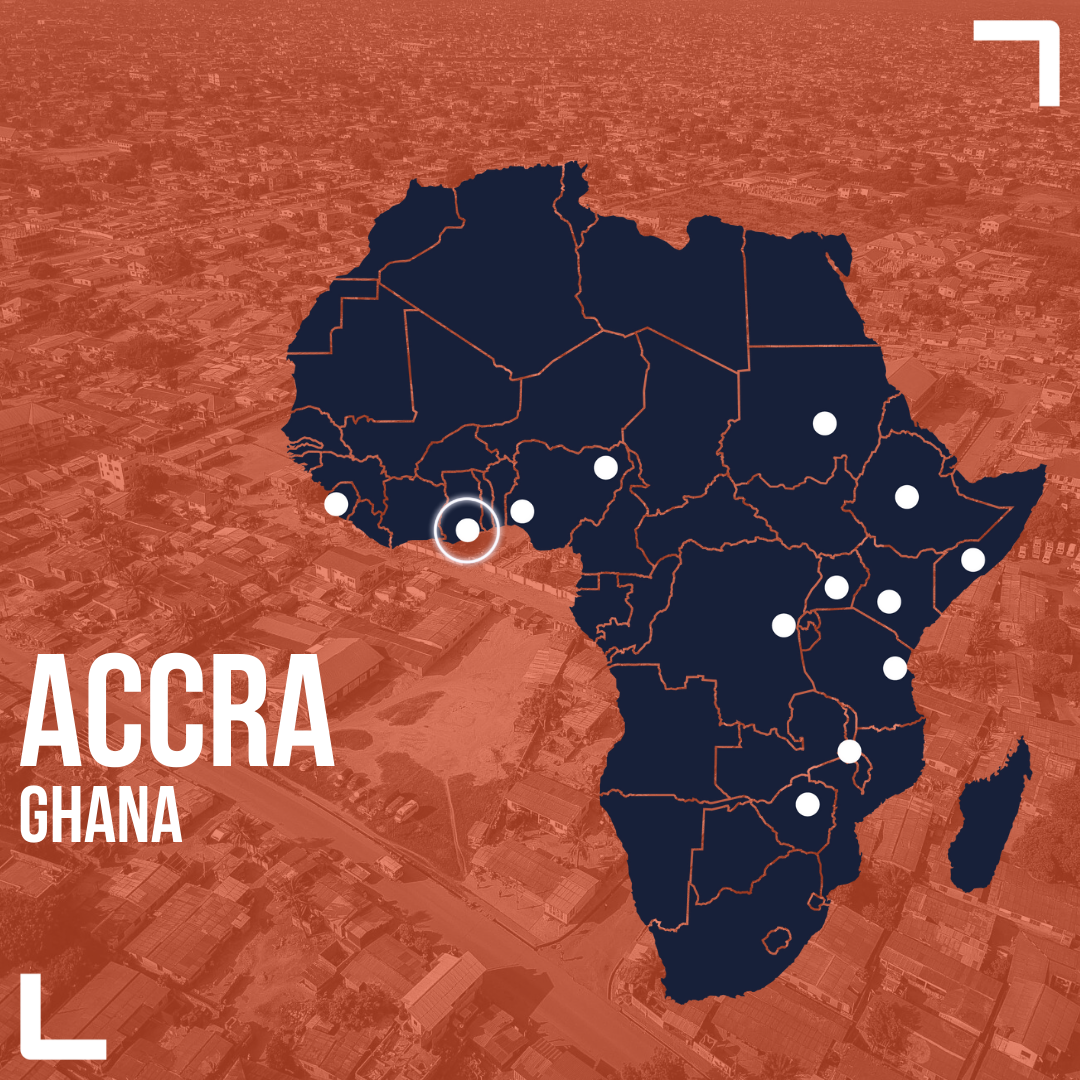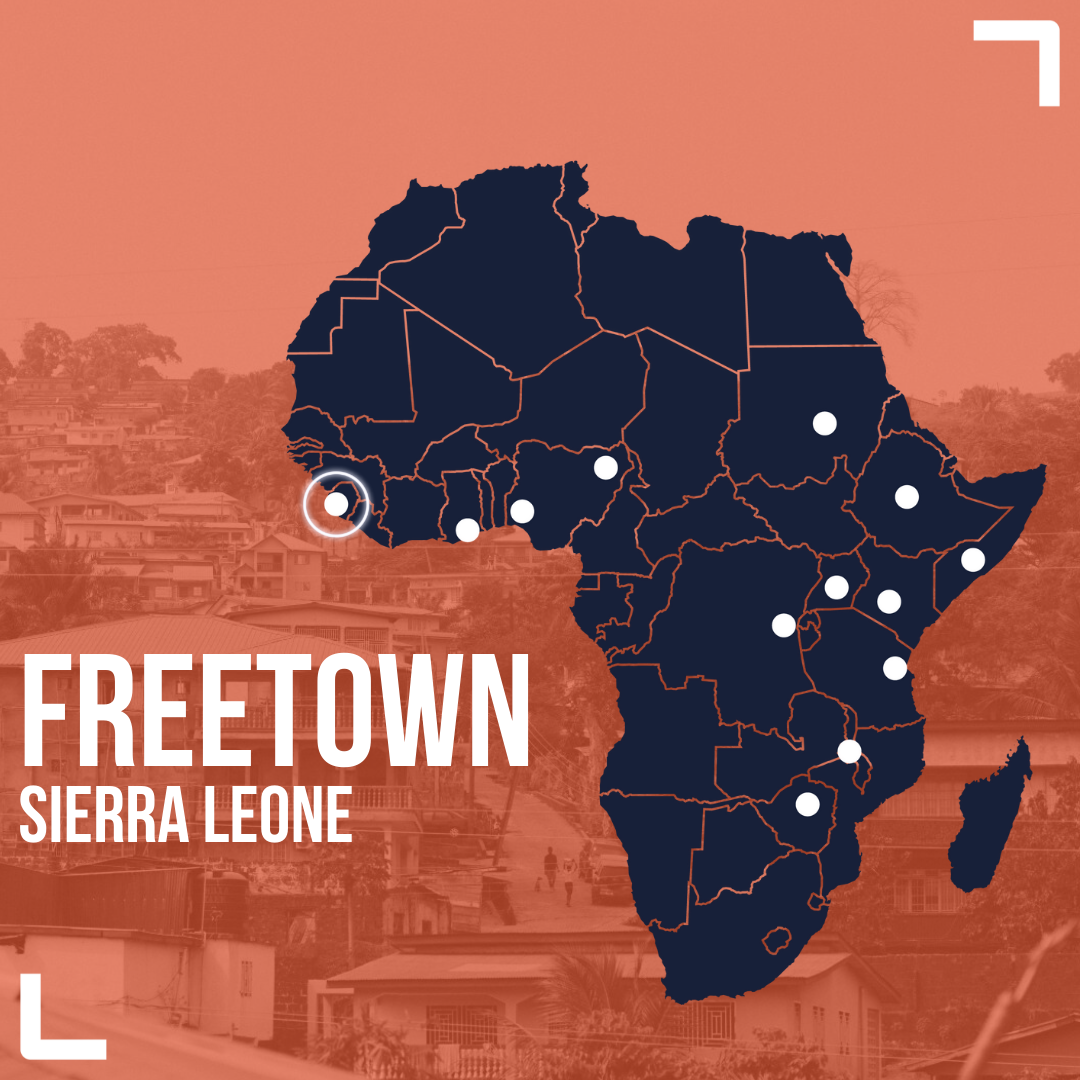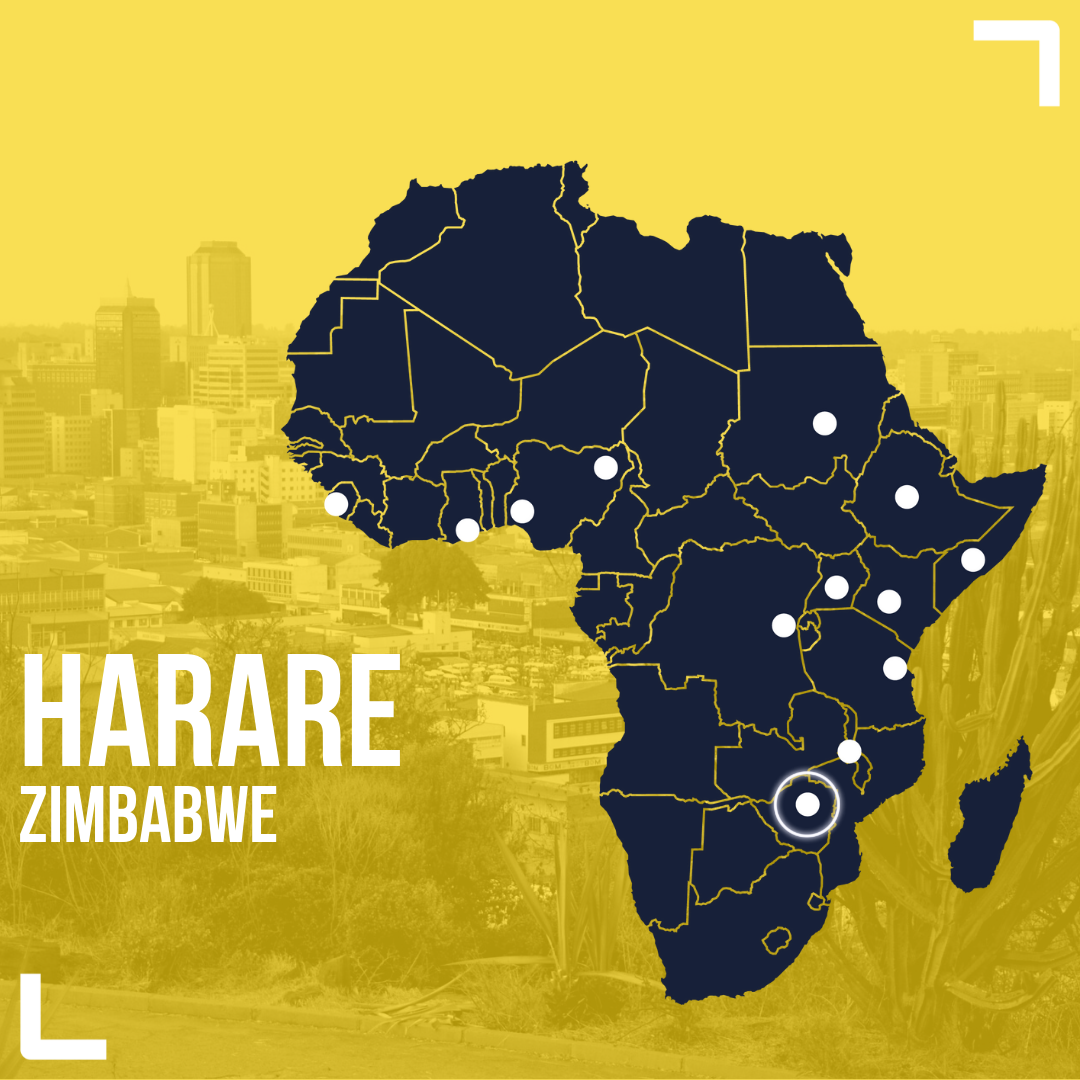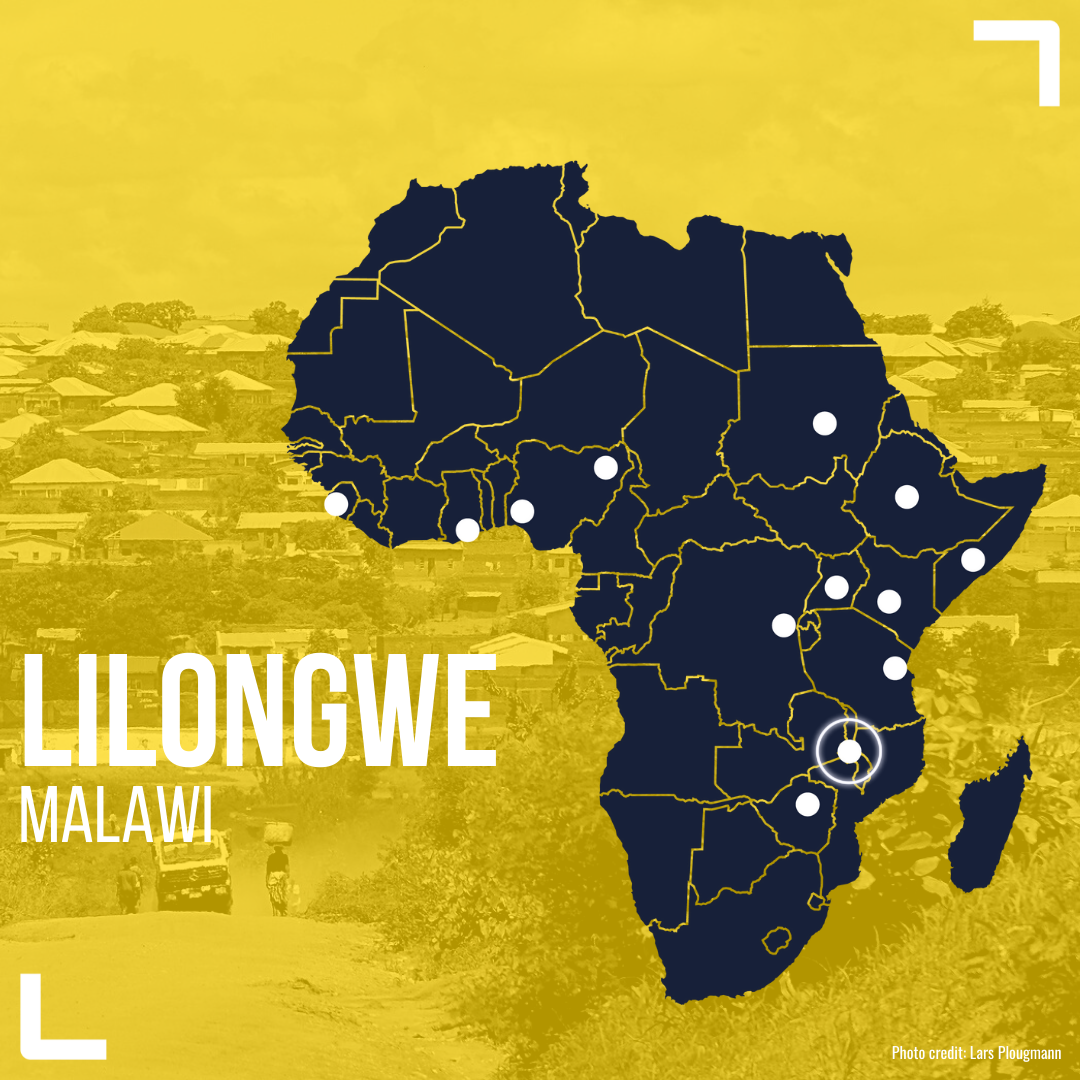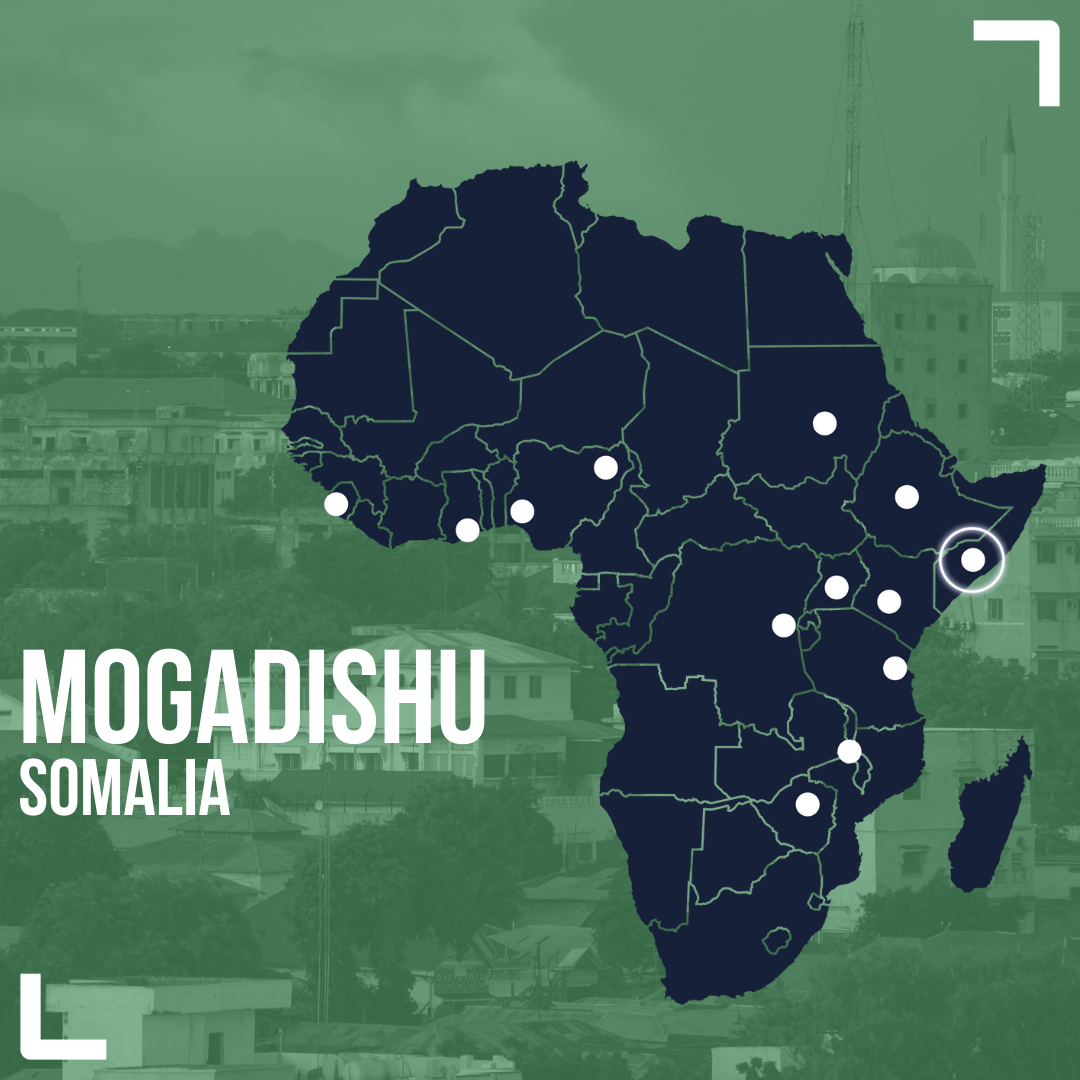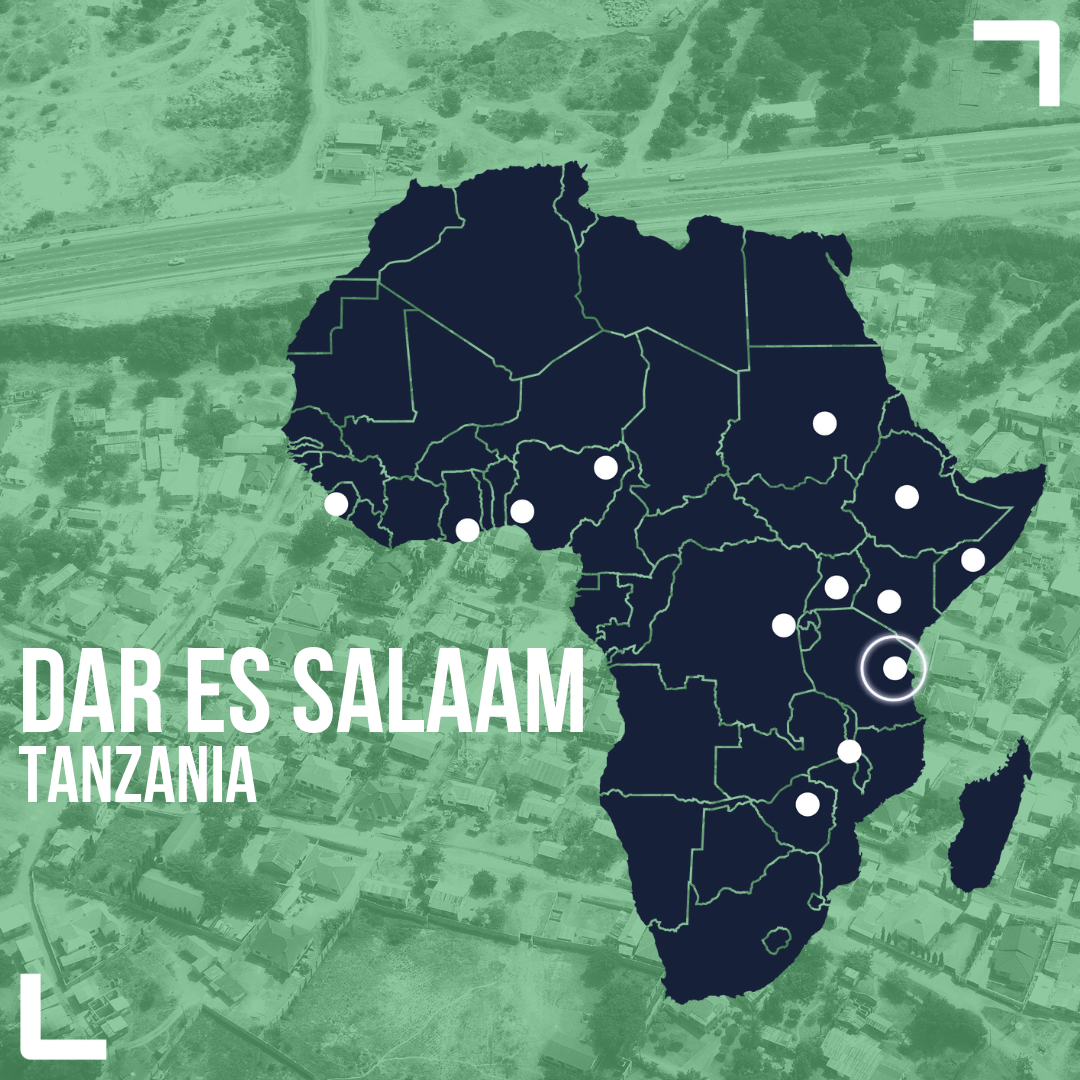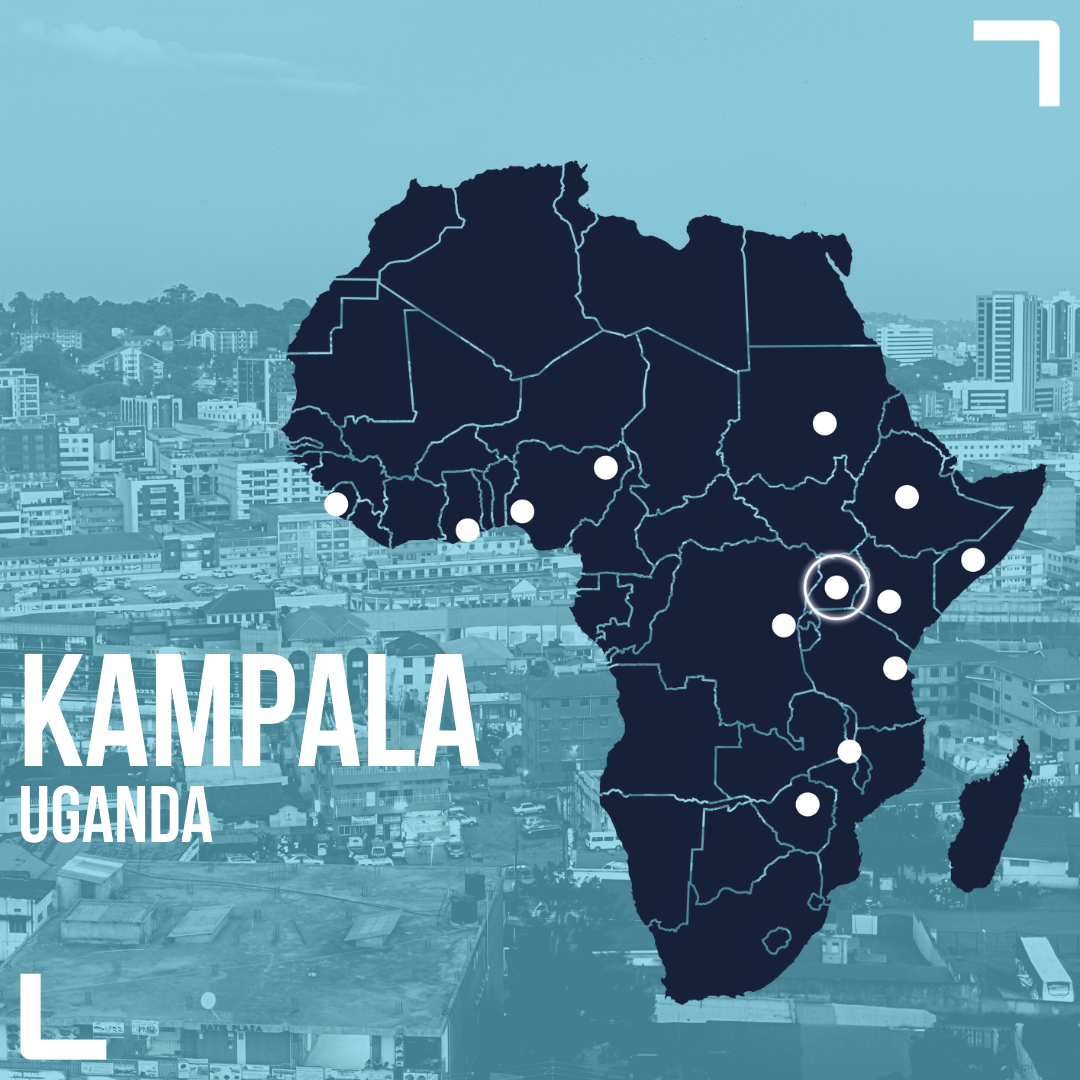Informal settlements
In most African cities, more than half of residents live in informal settlements, with insecure tenure, a lack of basic services and infrastructure, and often unsafe housing. It is now widely recognised within policy and academic circles that such households tend to be best served by upgrading programmes that enable them to remain in situ, without disrupting their livelihoods and social networks.
Informal settlement upgrading is a significant poverty reduction mechanism, enabling low-income households to secure essential services at a lower cost, improve their social status, and overcome spatial inequality. It also helps address the needs of vulnerable groups, such as women-headed households and people with disabilities, as well as offering multiple opportunities for income generation.
City elites are increasingly recognising the potential that informal settlement upgrading has for enhancing their popularity. Our research closely analyses the politics underpinning such interventions. With multiple actors involved and a number of contentious issues shaping the challenge of upgrading, the complexities of the process and the overlaps with other urban development domains are a key focus in our work.
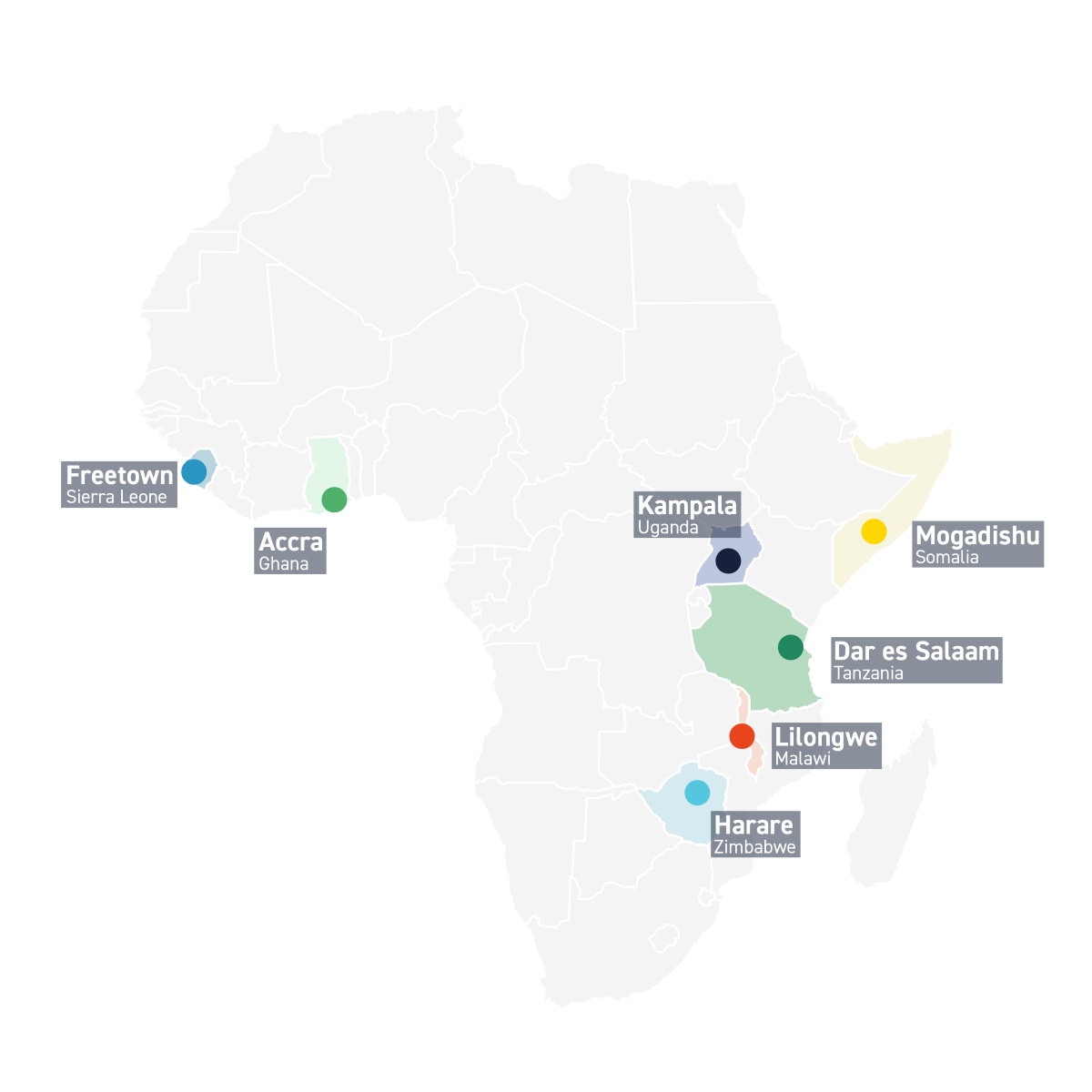
LATEST NEWS from ACRC
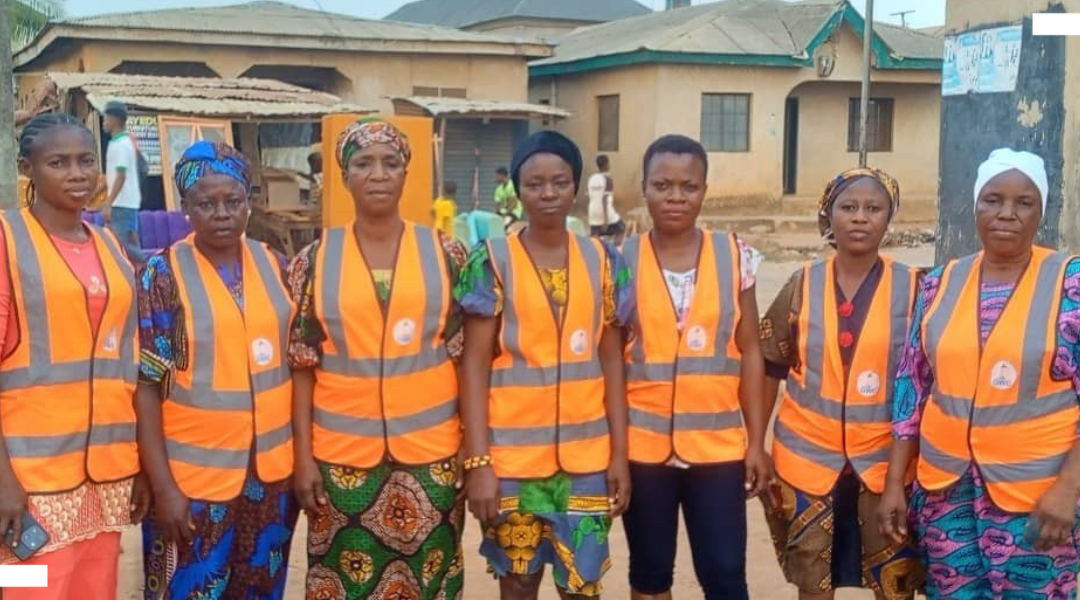
Transforming informal settlements in Lagos through community-driven WASH innovation: The Okerube project
The “Informal Settlements as Spaces of Transformative Agency” project focuses on the Okerube community in Lagos to challenge dominant narratives and demonstrate how bottom-up, community-led governance models can deliver sustainable and inclusive water, sanitation and hygiene (WASH) solutions in informal urban settlements.

Creating the conditions for change in Mathare informal settlement, Nairobi
SDI Kenya, through ACRC, is aiming to co-develop solutions with Mathare community members, by devising a holistic waste management system in the area.

How does action research build community and state capabilities?
This is the fourth in a series of blog posts focusing on how urban reform happens, and where ACRC fits into change processes. This post takes a closer look at how ACRC is helping build community capabilities to address urban challenges.

